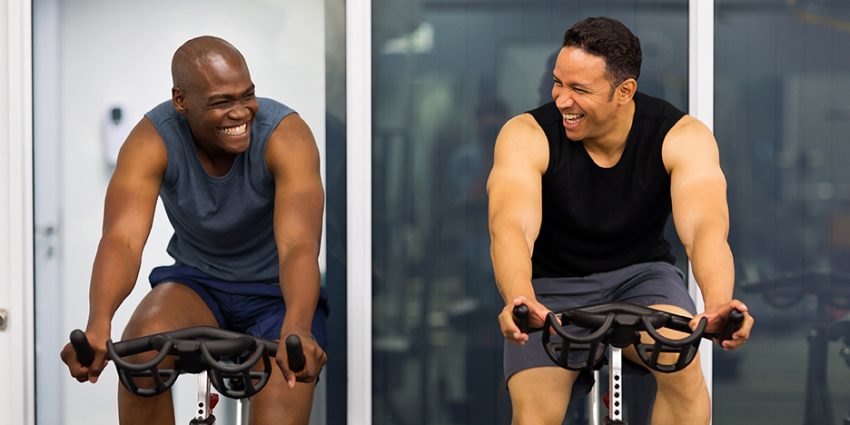Post Views: 3,295
ViewsWant to Impart Your Nursing Knowledge?
As a nurse, you’re not a stranger to the struggles of nursing school. You are well acquainted with the long hours of cramming, as well as sleepless nights of preparation for your exams. All of that was so you could earn your degree and begin your career in providing medical aid and assistance to your patients. However, there’s seldom a better teacher than experience. Once all the books have been read, and all the exams approved, the only way you can continue to grow wiser and smarter is by actually working in the field.
In this sense, you have gained something that no nursing student could hope to achieve through hard study; experience. Experience allows us to learn new tips and tricks that we won’t find in books. Through our job, we can become intimate with the way the workflows in the hospital, as well as how best to approach certain patients beyond what we read during our studies. This is why the best teachers are often those who are deeply involved in the field that they are teaching about, since they are most qualified to give insider information on what the job is actually like, as opposed to what you read about in your textbook.
Nevertheless, teaching is not always a simple endeavor. If you’ve ever wanted to impart your knowledge of nursing to a group of eager individuals, then consider the following tips before setting off.
We All Have To Start Somewhere
If you’re only a few years into the nursing trade, you probably haven’t had much time to look to other fields and learn new things. In this sense, if you want to try your hand at teaching, odds are that you won’t have much experience aside from reminiscing about your own time as a student and pondering on how your teachers handled themselves.
If you feel inadequate about your teaching prowess, remember that we all have to start at some point. Maybe you’re not ready to give a lesson in a grand classroom just yet, but you could start by tutoring nursing students in one-on-one lessons to help them get through school. This will give you the tools and feedback necessary to refine your trade and take your lessons to the next level, which could be teaching at a community college. As you climb your way through the ranks, odds are that you’ll become increasingly comfortable with your teaching skills, and will be able to guide all types of students, from nursing school students who have yet to step into a hospital, to nurse interns that are still learning the ropes.
Teach The Lessons That You Enjoy
Like with most professions, teaching involves a degree of specialization. After all, it would be counter-productive to try and introduce a large variety of topics to the lessons you aim to teach. The more of these that you add, the more generalized and non-specific the knowledge becomes.
In this sense, you could consider furthering your own studies and specializing in a field of nursing in order to expand both your knowledge and your credentials. Through your higher education, you will become proficient at specific topics, and your skills at teaching in the said field will increase, in turn.
Experience Is Everything
As was mentioned above, the very best thing you can give your students will be your insider knowledge as a practicing nurse. You could turn their attention to the most important topics in their textbooks, impart your specialized knowledge so they can further their studies, or even relentlessly test them on the subject matter. However, nothing they can read in a textbook will prepare them for the long shifts, thankless work, and exhausting routines that they will have to deal with during their career; not to mention the difficult patients.
You Need To Fulfill The Minimum Requirements
To become a formal nurse educator, you must attain the minimum education required by your local Board of Nursing, which frequently entails a Master’s of Science in Nursing degree. Furthermore, a nurse educator specialization is also a very valuable asset when seeking a position as an educator. Tami J. Rogers, Ph.D., DVM, MSN, an educator at the Rasmussen College School of Nursing, expressed that pursuing nursing specializations are very important since they are not mandatory for the nurse to start teaching. However, they help to set them apart from those who don’t have them in terms of preparation.
Rogers also states that these studies in skills that go beyond what nurses regularly do will help to know if they are apt and compatible with the educational trade. “The nurse educator must possess skills that grow beyond nursing practice and obtain a knowledge of educational theory,” Rogers says. “Just as a great athlete doesn’t always have the makings of a great coach, the same is true in nursing. There are specializations and certifications that can help you hone your educating abilities, but not every nurse is cut out for the classroom.”
One comment on “Want to Impart Your Nursing Knowledge?”
Leave a Reply
Want to Impart Your Nursing Knowledge?
By nurseadvisorofficial
As a nurse, you’re not a stranger to the struggles of nursing school. You are well acquainted with the long hours of cramming, as well as sleepless nights of preparation for your exams. All of that was so you could earn your degree and begin your career in providing medical aid and assistance to your patients.














Thank you for quoting my special teacher at NYU, Dr. Martha Rogers. My goal was to become one of the best nursing adm. Until one day one of my teachers Doris Rogoff (hope I spell her last name correctly) said to me,”Ophelia, you are no Adm you are a teacher” I thanked her for guiding me in the right direction. You have to love it to do it. Teaching is not an easy task. You must know your subject matter well.